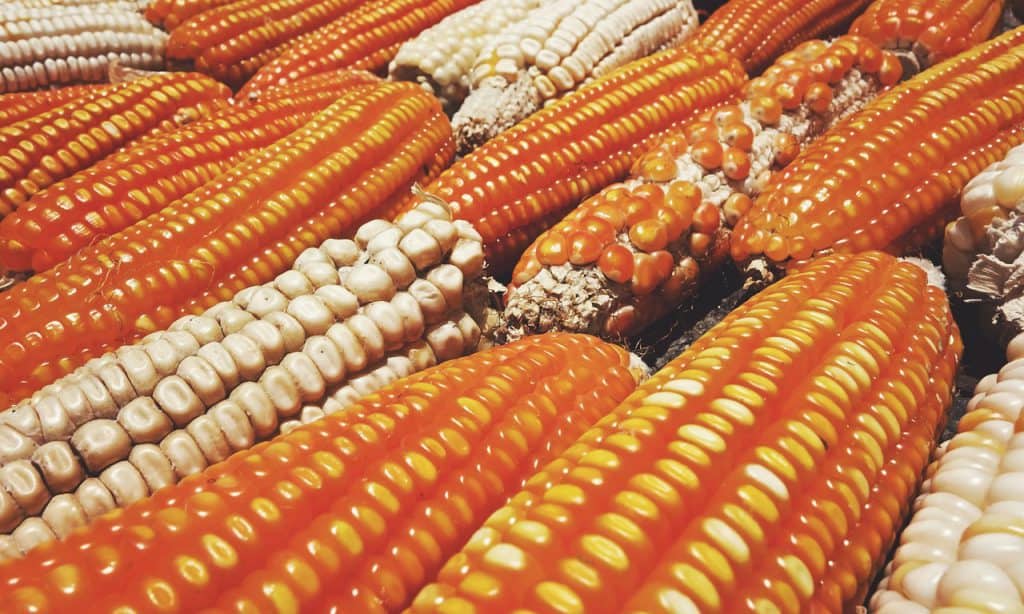
Thank you to a reader for tipping us off to this fascinating research.
Cross Pollination
Cross Pollination of Organic Crops with GMO is a big problem facing growers today.
Farmers have had whole shipments of corn rejected due to GMO contamination. A research report online in 2014 shows an increase in the number of reported cross contamination incidents since 1997.
It seems inevitable that cross contamination will continue and this continues to be of concern.

Source: YouTube Breeding “Organic Ready” Corn with Gametophytic Incompatibility
Organic Ready Corn
Enter Frank Kutka, who has been working on what he calls an “organic ready” corn, that can keep itself pure. Meaning, it will not easily breed with transgenic (GMO) varieties.
37 varieties of corn are being developed in certified organic nurseries as well as uncertified nurseries. Each variety will contain these traits derived from South American Popcorns and more recent Mexican Teostine populations. This trait is known as Gametophytic Incompatibility.
This will help address the problem where wind pollinated Corn, can be fertilised by pollen from a GMO crop which might have travelled from miles away.
The Organic Farming research Foundation says on their site:
************
GMOs are prohibited in organic production under the USDA National Organic Program. Therefore making organic the original and best GMO-free label, but… there are no regulations in place to protect farmers against accidental contamination from the pollen of transgenic (GMO) corn.
GMO Contamination is Widespread
This is a widespread problem for every organic corn farmer who has GMO corn growing nearby. Farmers across the Midwest and most other places corn is grown are affected.
As organic farmers have learned, they can have the right seed, do everything right, and still have their crop contaminated.
A recent survey of organic farmers from 17 states, (predominantly in the Midwest), shows 67 percent planned to delay planting corn this year… so their crops pollinate later than their neighbors’ GMO corn. Although this is one method farmers are using to prevent contamination it has an average cost of $16,000 and is not sustainable.
Tools for Farmers
It is important for farmers economically and agriculturally to have the right tools to maintain organic integrity for their customers, and this exciting research promises to provide a powerful addition to the toolbox.

Results To Be Released Publicly
In Summary
Sources:
https://non-gmoreport.com/articles/organic-ready-gmo-resistant-corn-varieties-to-be-available-soon/
https://www.ofrf.org/blogs/breeding-%E2%80%9Corganic-ready%E2%80%9D-corn
https://www.ofrf.org/privacy-policy
https://link.springer.com/article/10.1186/s40550-014-0005-8
https://naturalsociety.com/gmo-crop-contamination-cannot-be-stopped/






